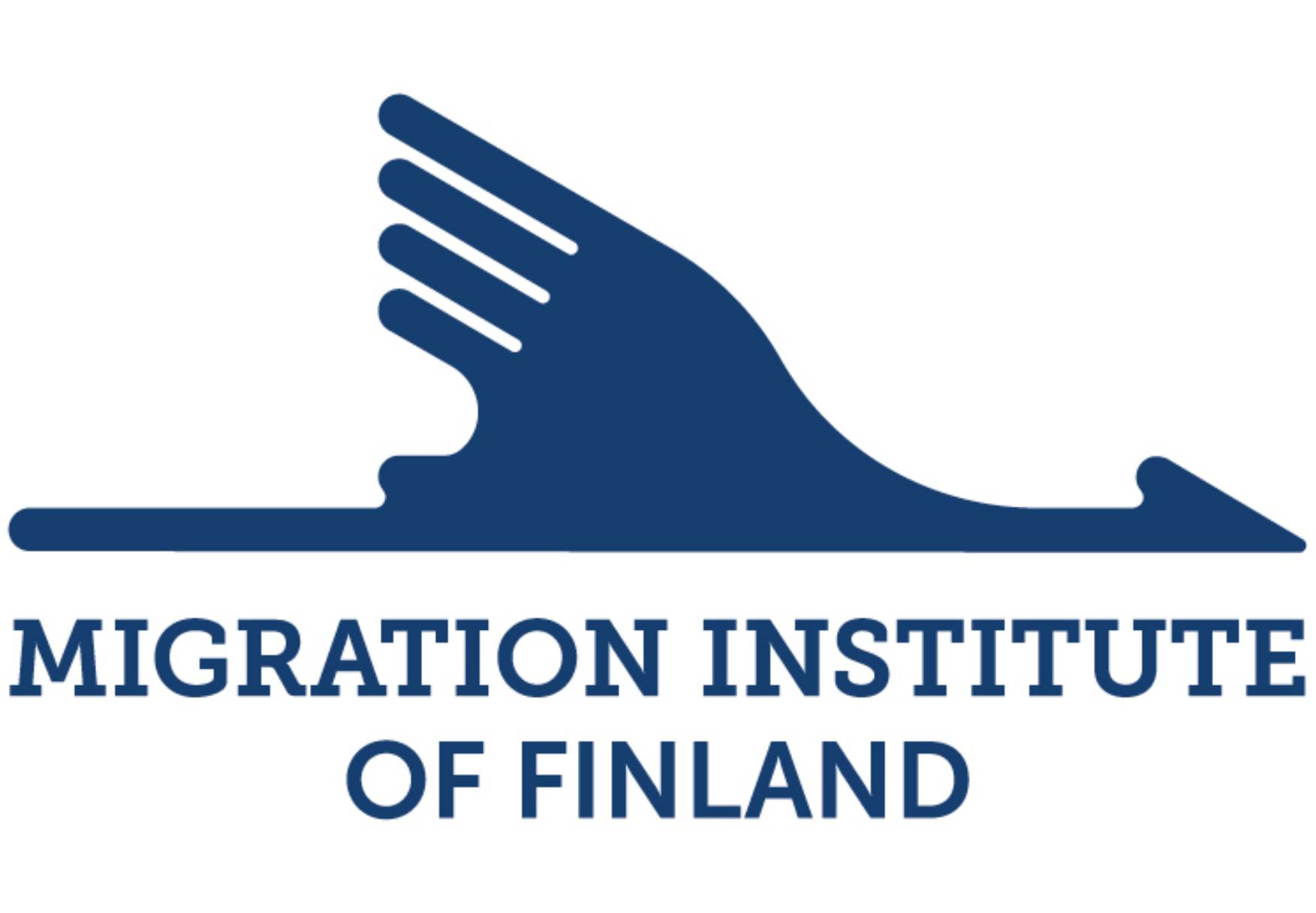“Spatial Humanities Approaches to North American Histories of Segregation” Webinar
Date and Time:
Thursday, February 13, 2025, 18.00-19.30 Finnish time (GMT+2) /10:00-11:30 am CST
Registration to receive Zoom link
This webinar introduces three innovative research projects that use spatial humanities approaches to research, analyze, and visualize policies and practices of segregation in North America.
The webinar is organized by the “Migrant Experiences, Past and Present” project funded by the Public Diplomacy Section of the US Embassy in Finland, in collaboration with the Migration Institute of Finland, Immigration History Research Center, and Immigration History Research Center Archives, University of Minnesota Libraries
Speakers:
Dr. Cheryl Troupe, University of Saskatchewan, “Mapping Métis Displacement in Saskatchewan”
Dr. Saara Kekki, University of Helsinki, “A Community in Motion: Reassessing Japanese American Resettlement in Post-World War II Society”
Dr. Kirsten Delegard, University of Minnesota, “Mapping Prejudice in Minnesota”
Chair: Dr. Samira Saramo, Migration Institute of Finland
Speaker Bios:
Dr. Cheryl Troupe is an Assistant Professor in History at the University of Saskatchewan and Director of the Department of History CoLab – Centre for Community Engaged and Collaborative Research. Her research centres Métis voices and perspectives in examining Métis road allowance communities in twentieth-century Western Canada. Her work merges oral histories, family genealogies and mapping to focus on the intersections of land, gender, kinship and how stories are connected to specific places.
Dr. Kirsten Delegard is Project Director of Mapping Prejudice at University of Minnesota Libraries. Delegard is a public historian and one of the co-founders of the award-winning Mapping Prejudice project at the University of Minnesota Libraries. Delegard is a graduate of the Minneapolis Public Schools, Wesleyan University and holds a Ph.D. in history from Duke University. She is the granddaughter of Swedish immigrants to Minnesota.
Dr. Saara Kekki is an Academy Research Fellow in Digital Humanities at the University of Helsinki. Her research interests lie broadly in North American immigration, spatial history, and historical networks. Previously, her book Japanese Americans at Heart Mountain: Networks, Power, and Everyday Life was published by the University of Oklahoma Press in 2022. She has also published on the history of Finnish migration to the United States, as well as on North American Indigenous cultures.
Presentation Abstracts:
Mapping Métis Displacement in Saskatchewan brings together archival and oral histories to identify and analyze patterns of Métis displacement and relocation in southern Saskatchewan from the late nineteenth to mid-twentieth century, mapping consecutive movements of Métis families and communities over time. As a settler economy developed in the late nineteenth century, prairie Métis families became increasingly vulnerable to settler colonial land policies and pushed off lands they had occupied for generations. Forced to relocate to marginal Crown lands set aside for roads or correction lines in the Dominion Lands topographical Survey, the Métis created communities, known as road allowance communities, on land they did not own. Organized along family and kinship lines, these families attempted to maintain connections to their traditional territory by maintaining subsistence food harvesting practices and by engaging in seasonal and day labour in the growing settler economy. By the mid-twentieth century, these families were again forced out of these spaces and into prairie towns and cities by government political and economic development pressures.
A Community in Motion: Reassessing Japanese American Resettlement in Post-World War II Society maps and analyzes the post-incarceration migrations of the 120,000 Japanese Americans imprisoned during World War II. Utilizing census and other government data, Kekki recreates the migration patterns ofJapanese Americans from their release (between 1943 and 1946) up to 1950. The movement across the United States (and often, to Japan) of the formerly incarcerated Japanese Americans is inextricably linked to the development of their status in the society from despised enemies to a “model minority,” a designation that has had long-standing and far-reaching consequences. Understanding how the Japanese American communities were literally dismantled, then often never reconstituted, is a major aspect of the destigmatization of Japanese Americans. This presentation will focus on the data opportunities and challenges of the project, introducing some of the general movement patterns and how to map them.
Mapping Prejudice in Minnesota mobilizes community members to identify and map racial covenants, which were inserted into North American property deeds to bar people who were not White from buying or even occupying certain parcels of land. These racist deeds were powerful drivers of segregation in every American community before they were declared illegal in 1968. Since 2016, Delegard’s team has worked with more than 10,000 community members to transcribe the information necessary to put these restrictions on a modern map. She will describe the importance of these maps and why it is important to invite community members into the process of making these visualizations.

More information:

